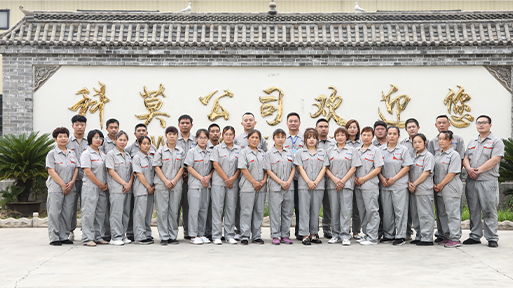Optimizing Efficient Transport Solutions for Bulk Fuel Line Distribution and Management Strategies
Aug . 13, 2024 23:46 Back to list
Optimizing Efficient Transport Solutions for Bulk Fuel Line Distribution and Management Strategies
Understanding Bulk Fuel Lines An Essential Component for Efficient Fuel Transfer
In the realm of fuel transportation and management, bulk fuel lines play a pivotal role in ensuring efficient and reliable fuel transfer. These high-capacity pipelines are designed to transport significant quantities of fuels such as gasoline, diesel, and jet fuel from storage facilities to various distribution points, including refineries, airports, and fueling stations. In this article, we will delve into the importance of bulk fuel lines, their construction, and the broader implications they hold for energy distribution.
What are Bulk Fuel Lines?
Bulk fuel lines are large-diameter pipelines specifically engineered to handle the rapid transport of liquid fuels. Unlike smaller fuel lines that might be used for specific equipment or vehicle refueling, bulk fuel lines are designed to move fuel in large volumes, making them essential for industrial and commercial applications. These lines are typically constructed from durable materials like steel or high-density polyethylene (HDPE) to withstand the corrosive nature of fuels and the pressures involved in bulk transportation.
Importance in Fuel Distribution
The efficiency of fuel distribution systems greatly relies on the integrity and functionality of bulk fuel lines. These lines facilitate the swift movement of fuel from storage tanks to dispensing units, ensuring that a constant supply is available to meet demand. This is particularly crucial in industries such as aviation, where timely refueling can impact flight schedules and operational efficiency. Moreover, bulk fuel lines also play a critical role in emergency response situations where quick access to fuel can be vital for generators and emergency vehicles.
bulk fuel line

Environmental Considerations
With the growing concern over environmental sustainability, the design and installation of bulk fuel lines have evolved to incorporate features that minimize the risk of leaks and spills. Modern standards require the use of secondary containment systems and regular inspection protocols to ensure the integrity of the lines. Moreover, advancements in technology, such as the use of smart sensors, help monitor fuel levels and detect any irregularities that could indicate a potential failure, thereby enhancing environmental protection efforts.
Regulatory Compliance and Safety
The transportation and storage of bulk fuels are governed by stringent regulations to ensure safety and environmental protection. Agencies such as the Environmental Protection Agency (EPA) in the United States set forth guidelines that must be followed to mitigate risks associated with combustible fuels. Compliance not only involves the physical infrastructure but also the operational practices surrounding bulk fuel lines. Regular training for personnel involved in fuel handling and management is essential to adhere to safety standards and emergency protocols.
Conclusion
Bulk fuel lines are a critical infrastructure component that facilitates the effective and safe distribution of fuels across various sectors. Their ability to transport large quantities of fuel rapidly is indispensable for industries that rely on a steady supply of energy. As technology continues to advance, the focus on safety, environmental protection, and efficiency will likely lead to further innovations in the design and management of bulk fuel lines. Ultimately, understanding the role of these pipelines helps underscore their significance in the broader context of energy distribution and sustainability.
